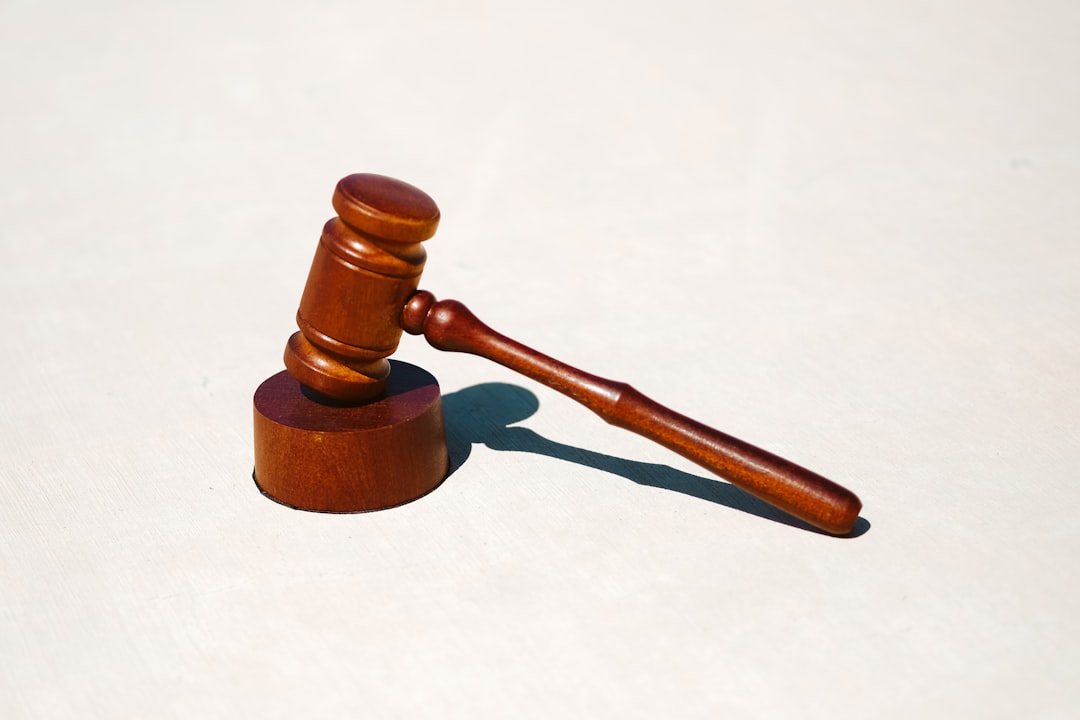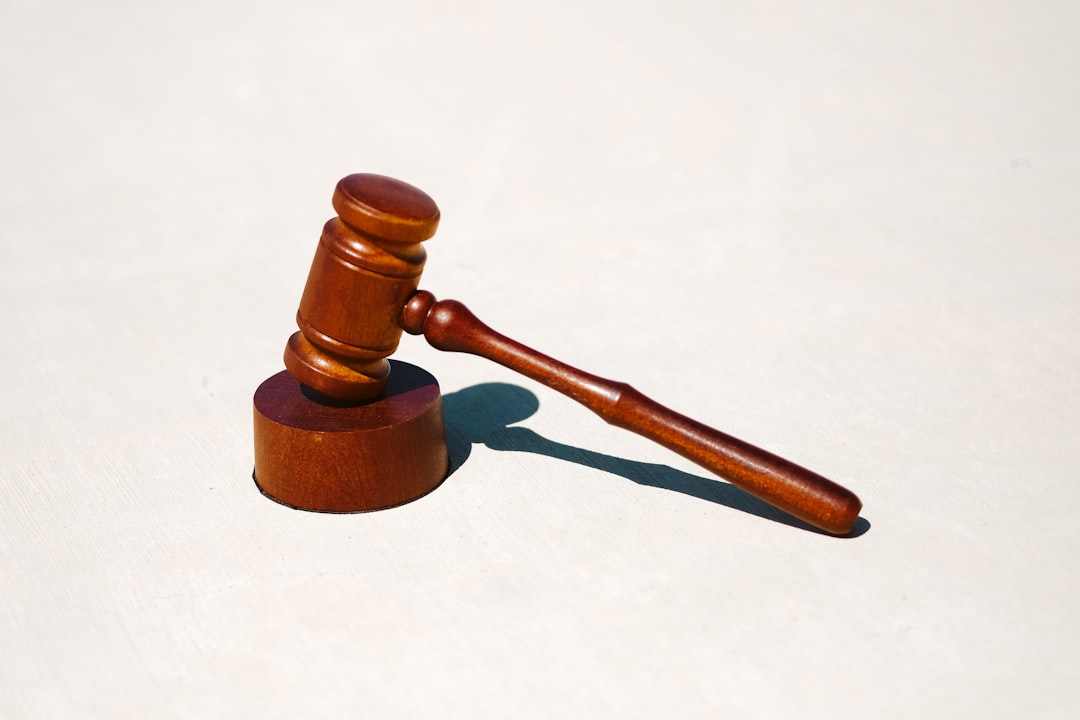Maine's strict regulations on autodialers aim to protect consumers from unwanted robocalls and promote fair telemarketing. Law firms operating autodialer campaigns must obtain explicit consent, adhere to call volume limits, and comply with data acquisition guidelines set by the Telephone Consumer Protection Act (TCPA). Resources like the Maine Attorney General's Office and local business associations assist in navigating these rules. Responsible practices, including informed consent and record-keeping, ensure compliance, build trust, and are vital for the success of an autodialer law firm in Maine.
“In the realm of legal practice, navigating Maine’s autodialer regulations is paramount for law firms aiming to maintain compliance. This article serves as a comprehensive guide, offering insights into leveraging local resources effectively. We explore crucial aspects such as understanding state-mandated rules, identifying legitimate data sources, implementing best practices in autodialing, and fostering relationships with local authorities. By adhering to these strategies, Maine’s legal community can ensure ethical use of autodialer technology while respecting consumer privacy.”
Understanding Maine's Autodialer Regulations for Law Firms

Maine has specific regulations regarding the use of autodialers, also known as automated telephone dialing systems, which are particularly relevant for law firms engaging in telemarketing or automated robocall campaigns. These rules aim to protect consumers from unsolicited calls and ensure fair practices in the telecommunications sector. For law firms operating within Maine, understanding and adhering to these regulations is essential to maintain compliance and avoid potential penalties.
The state’s laws dictate that autodialers must obtain express written consent from recipients before initiating any prerecorded or artificial message calls. This means that law firm marketing teams should have clear procedures in place to ensure clients or prospective clients explicitly agree to receive such calls. Additionally, Maine regulations limit the number of automated calls a person can make from an autodialer within a 24-hour period, providing consumers with some control over their communication preferences. Law firms must respect these limits and implement systems to track call volume to avoid excessive dialing.
Identifying Local Resources to Ensure Compliance

Identifying local resources is a crucial step in navigating the complex landscape of autodialer compliance within Maine’s legal framework. Law firms operating in this state must be aware of the specific regulations surrounding automated dialing, particularly when utilizing autodialers for marketing or communication purposes. Maine has established guidelines to protect consumers from intrusive telemarketing practices, ensuring fair and transparent business interactions.
To ensure compliance, law firms should explore available resources such as the Maine Attorney General’s Office, which provides comprehensive consumer protection guidelines. These guidelines offer insights into legal do’s and don’ts when employing autodialers, including registration requirements, opt-out provisions, and data security measures. Additionally, local business associations or industry-specific groups in Maine can offer valuable support, sharing best practices and updates on any changes to the autodialer law firm Maine regulations, ensuring firms stay informed and maintain adherence to local laws.
Data Acquisition: Gathering Contact Information Legitimately

Data acquisition, specifically gathering contact information for an autodialer law firm in Maine, is a critical step that must be executed in accordance with state laws and regulations. In Maine, the use of autodialers for marketing purposes is governed by the Telephone Consumer Protection Act (TCPA). To comply with this act, ensure that all contact information is obtained through legitimate means. This could include direct customer interactions, opt-in forms on your website, or signed consent agreements. Avoid any method that might be considered invasive or unlawful, such as purchasing lists from third parties or scraping data from the internet, as these practices can lead to significant legal repercussions and damage your firm’s reputation.
Proper data acquisition involves educating clients about how their information will be used and obtaining explicit permission. This process should also include mechanisms for opt-out, allowing individuals to easily revoke consent at any time. By upholding these principles, you maintain compliance with the autodialer law in Maine while fostering trust and transparency with your clientele, which is essential for long-term success.
Implementing Best Practices for Responsible Autodialing

Implementing best practices for responsible autodialing is essential for law firms in Maine looking to stay compliant with the state’s regulations. This includes obtaining proper consent from individuals before making automated calls, ensuring clear and concise messaging that provides opt-out options, and adhering to time restrictions on when these calls can be made. By following these guidelines, law firms can demonstrate a commitment to ethical marketing practices, fostering trust among their clients and potential customers.
Additionally, it’s crucial to maintain detailed records of consent, track call volumes, and monitor consumer feedback to continuously improve autodialer usage. Regular training for staff involved in automated calling campaigns is also vital to ensure they understand the importance of compliance and can effectively navigate any challenges that arise. These proactive measures not only help law firms avoid penalties but also enhance their reputation in the legal community.
Building Relationships with Local Authorities and Stakeholders

Building strong relationships with local authorities and stakeholders is a pivotal step in ensuring compliance with autodialer laws in Maine. Law firms operating within this jurisdiction must engage actively with state regulators, local law enforcement, and community leaders to foster an environment of understanding and cooperation. Regular communication channels should be established to discuss emerging regulations, address concerns, and share best practices related to the use of autodialers for marketing or debt collection purposes.
By cultivating these relationships, law firms can navigate the complex landscape of Maine’s autodialer regulations more effectively. Local stakeholders often possess valuable insights into community preferences and sensitivities, helping firms tailor their compliance strategies to meet specific needs. This collaborative approach not only ensures adherence to legal requirements but also enhances the firm’s reputation as a responsible and community-oriented organization.






